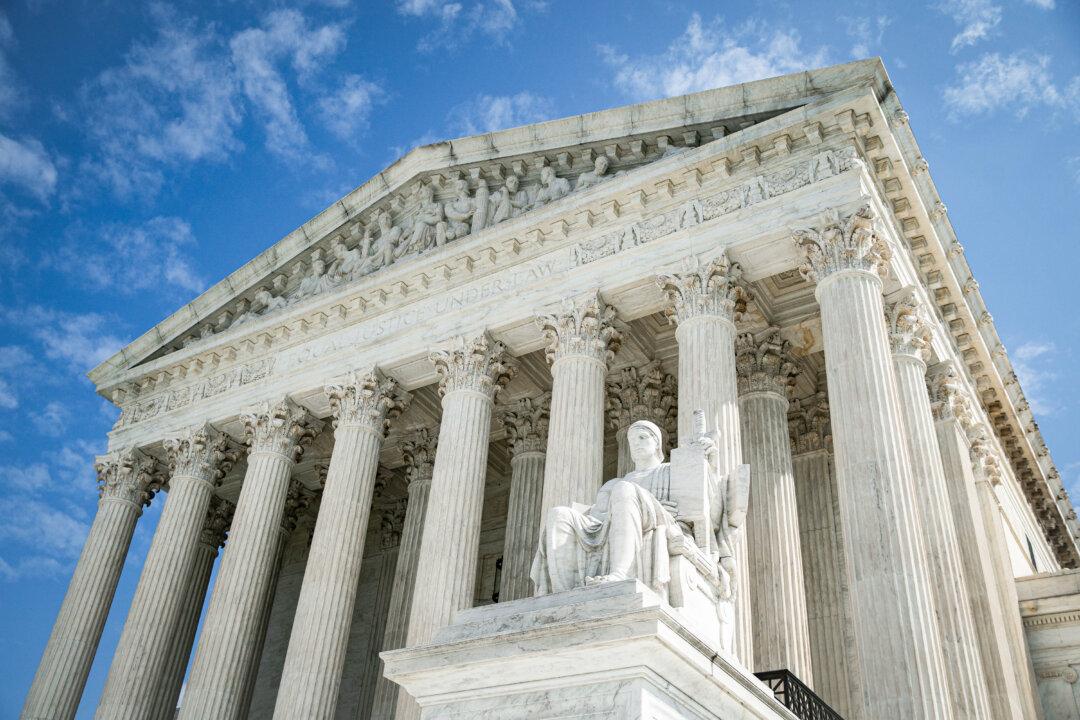The Biden administration faced some pointed questions from Supreme Court justices on Nov. 6 as it argued that a credit reporting statute shouldn’t be interpreted to revoke the sovereign immunity that federal agencies typically enjoy under U.S. law.
Federal and state agencies generally don’t have to fear prosecution because of the legal doctrine of sovereign immunity. The Fair Credit Reporting Act (FCRA) has provoked some debate, however, as it includes a provision allowing individuals to recover damages from a “person” who violates other aspects of the law. “Person,” under the law, is defined as “any individual, partnership, corporation, trust, estate, cooperative, association, government or governmental subdivision or agency, or other entity.”





